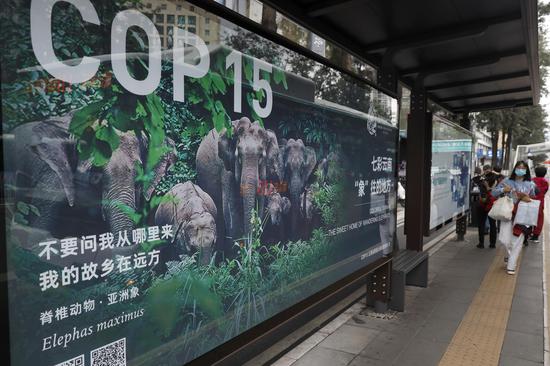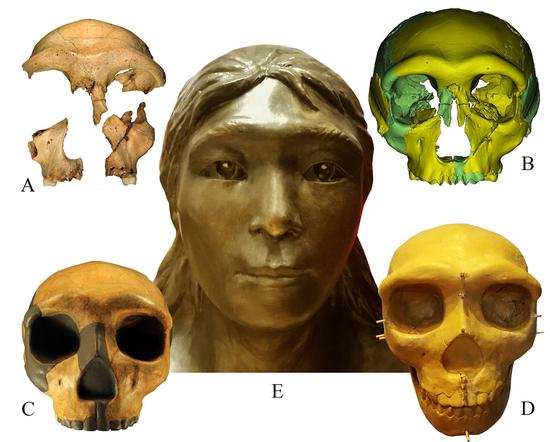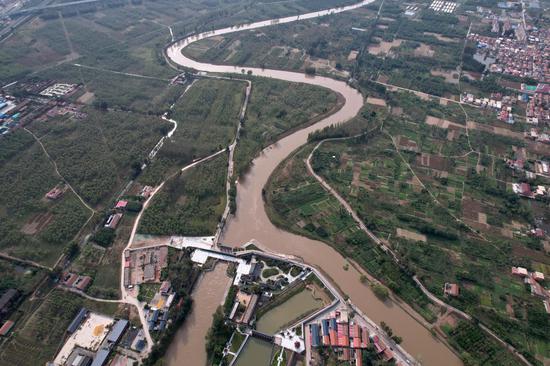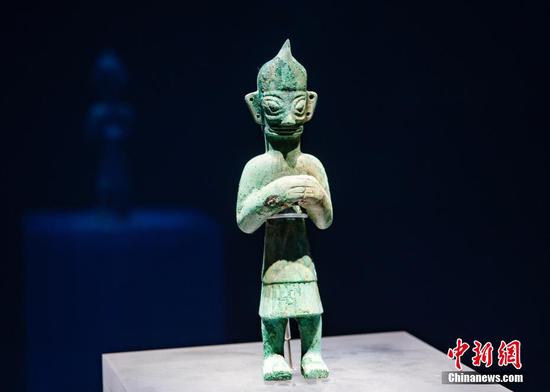China is expected to lead the world in biodiversity policy-making with its hosting of the 15th meeting of the Conference of the Parties to the United Nations Convention on Biological Diversity (COP15), said Moustafa Fouda, biodiversity advisor to the Egyptian environment minister, in a recent interview with Xinhua.
Fouda, also Egypt's national coordinator for the Convention on Biological Diversity, stressed that China has exerted "massive efforts" in biodiversity conservation across the globe.
The COP15 meeting kicks off Monday in Kunming, the capital of southwest China's Yunnan Province, both virtually and in person. The first part of the meeting runs until Friday, with parallel activities featuring forums on topics including climate change and ecological conservation, with the second part scheduled for next year.
Fouda, who will attend the first part of the meeting via video-link and be in Kunming next April for the second part, said, "the importance of this conference is to agree on 'the post-2020 global biodiversity framework,' which tells us what to do in the coming 10 years in terms of the various activities related to biodiversity."
Fouda said he believes within the next two years, China will "have a chance to lead the world" in putting policies in place related to biodiversity.
Speaking of the UN Convention on Biological Diversity and its three major objectives: the conservation of biological diversity, the sustainable use of its components, and the fair and equitable sharing of the benefits of using genetic resources, Fouda said that biodiversity conservation deals with all organisms, not just certain species and ecological systems.
China has exerted "massive efforts" in biodiversity conservation and relevant research, said the Egyptian official.
"We have met with experts from the Chinese Academy of Science. They have a great vision and if they succeed in it, it will be a distinguished accomplishment," he noted.
Fouda attributed China's ambitions to preserve biodiversity to its cultural heritage, adding that ancient civilizations like China and Eygpt have long been concerned about protecting the planet and its various species.
Many developing countries are troubled by a severe biodiversity loss, especially African countries, where finding a sustainable solution has become all the more urgent, he said.


















































 京公网安备 11010202009201号
京公网安备 11010202009201号